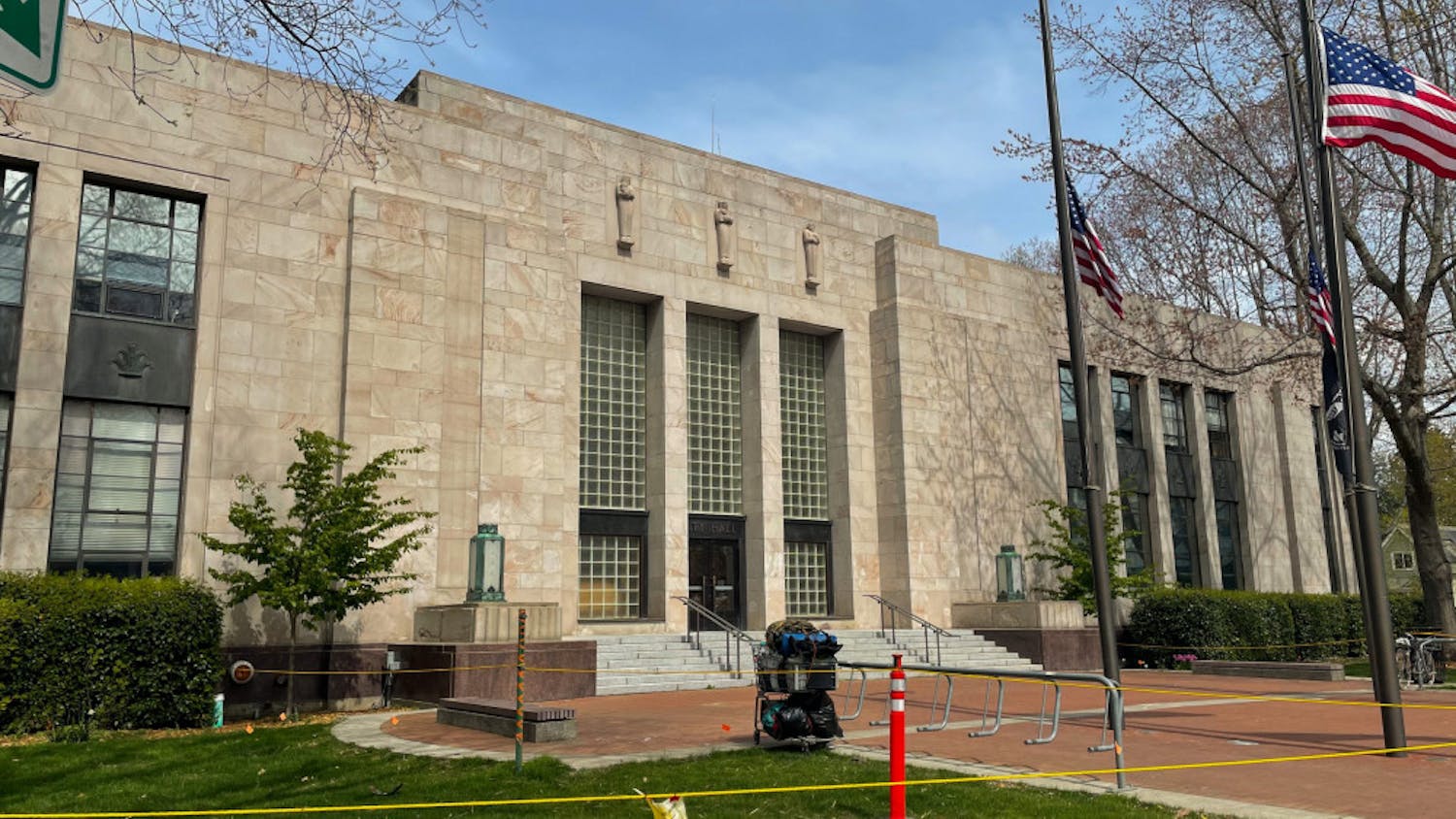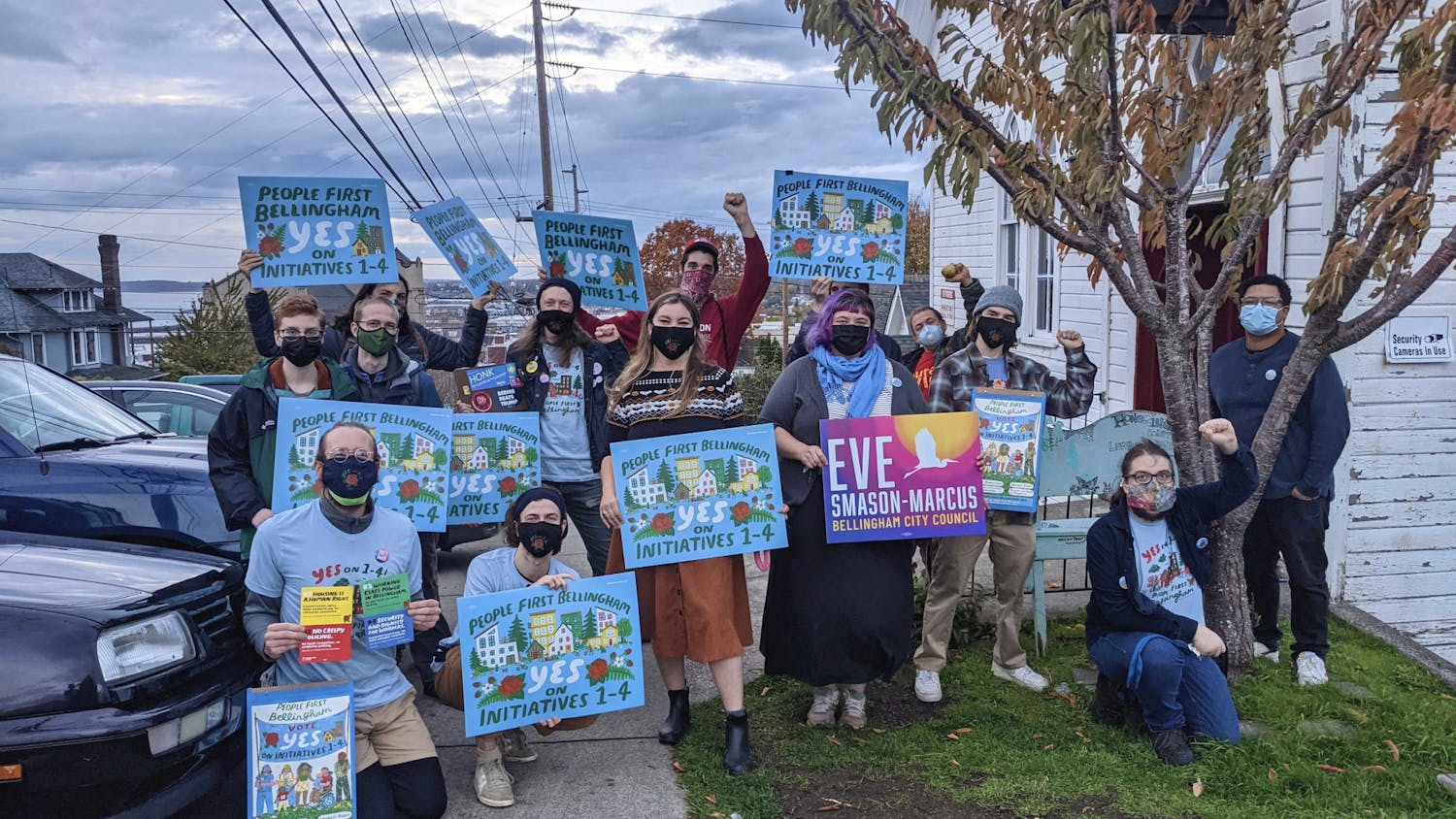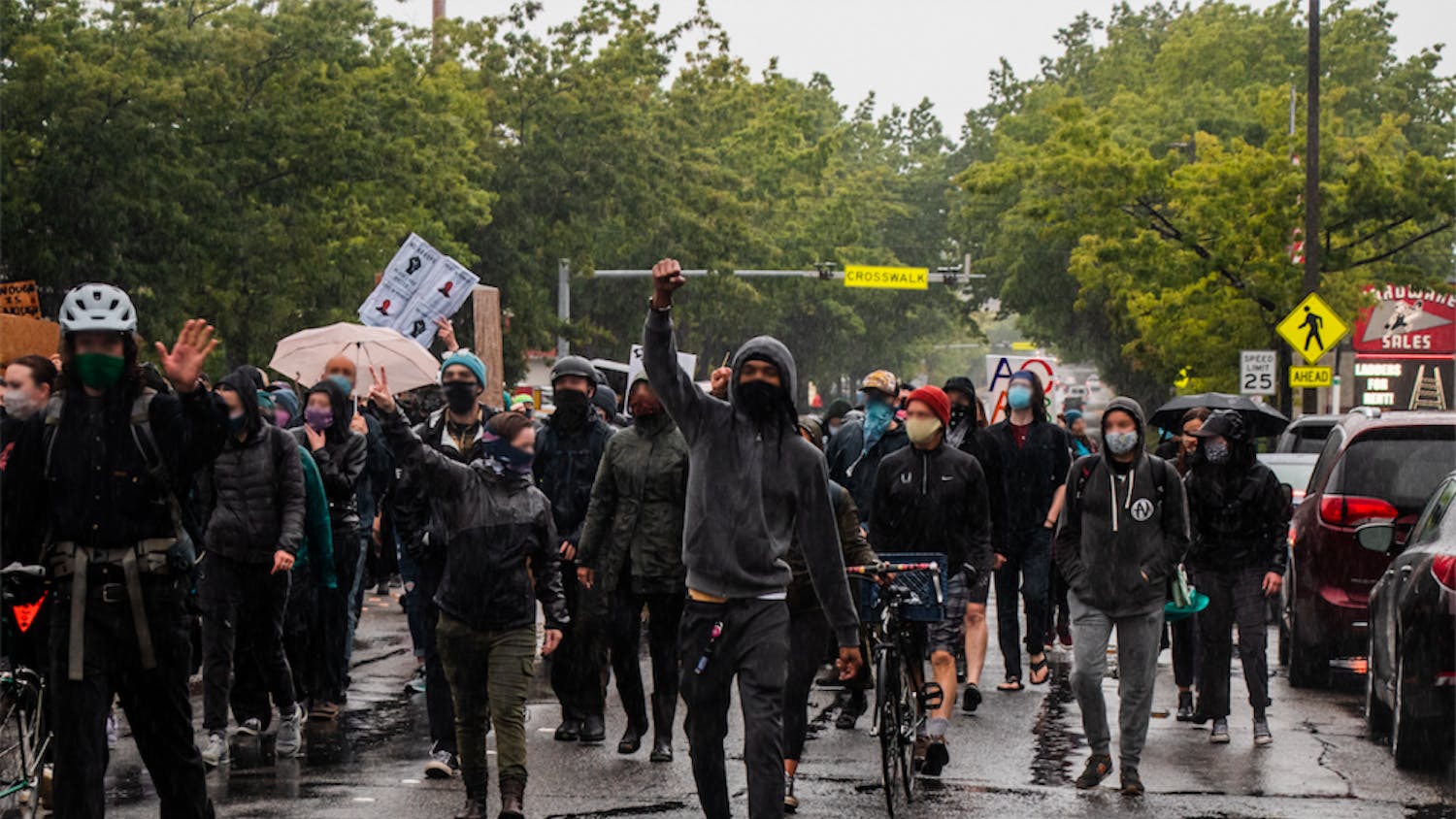The summer of 2020 saw the streets of cities and towns across the United States swell with demonstrators rallying for racial justice and against police violence. The Black-led revolt in the U.S. catalyzed global movements against policing with millions marching across the world. The protests demanded the abolition of the police. Since that summer the public has turned a more critical eye toward policing, and elected officials began to discuss reforms.
This should have been a victory for those who rallied in the streets, but in many cases it hasn’t been.
Demands to abolish and defund the police were sidelined as departments turned to a private, for-profit company called Lexipol to simply rewrite their policies. Like in New York State, where government agencies contracted with Lexipol after former Gov. Andrew Cuomo signed an executive order in June 2020 requiring police departments to reform and “modernize” the programs and strategies used in their communities by April 2021. And it isn’t just New York agencies contracting with Lexipol, departments across the country are subscribers with the company.
Lexipol is not a familiar name to many, but perhaps it should be. As Carl Takei, a senior staff attorney at the ACLU, told USA Today: “Everything about the (Lexipol) policies is the exact opposite of what people marched in the streets to secure.”
In Whatcom County, “the majority of law enforcement agencies” contract with Lexipol according to a Sheriff’s Department 2020 budget document – this includes the Bellingham Police Department, the Western Washington University Department of Public Safety, and the Whatcom County Sheriff’s Department. The Whatcom County Jail was also included in the Sheriff’s Office’s budget request. Each law enforcement agency has the tell-tale Lexipol copyright marking the bottom of their publicly displayed policy manuals.
What is Lexipol – and Why Do So Many Agencies Use it?
But who or what is Lexipol? The Lexipol story began with three men: Bruce Praet, Gordon Graham, and Dan Merkle. Praet and Graham are former police officers who teamed up after Praet (now an attorney specializing in “defending police civil matters”) conceptualized the company. The three men founded Lexipol in California in 2003.
The company started out contracting only with a few agencies in California, but since 2003 it has expanded dramatically. According to the USA Today, as of June 2021, Lexipol has contracts with “8,100 public safety agencies and municipalities in at least 35 states” a jump up from 3,000 agencies cited in the Texas Law Review in 2018.
Agencies that contract with Lexipol often cite saving money as a motivating factor. In 2020, the Whatcom County Sheriff's Office notes a savings of $8,000 annually, according to their budget request. Agencies also cite the difficulty in maintaining or changing their policies and decreased liability risks as reasons to adopt Lexipol policies. Because of the decreased risk of legal liability, many of the insurance companies covering police departments offer discounts with the use of Lexipol. The Whatcom County Sheriff’s Department lists one such discount from its insurer, saying “The Washington Counties Risk Pool will reimburse 80% of the subscription cost if we implement 80% of the available Lexipol policies, and have our deputies complete 80% of the daily training bulletins.”
In the face of reforms sparked by the protests of 2020, Lexipol adapted their sales pitch to attract departments. As Carl Takei told USA Today: “Lexipol is very creative at finding new ways to make a buck off of the policies that they sell. And one way is to co-opt the language of reform.”
Given Lexipol saves departments money (a potential way to decrease annual police budgets, as some reformers have called for) and enables departments to adapt their policies and reduce legal liabilities, why are experts and scholars wary of agencies contracting with the company?
What Experts Say About Lexipol
In a 2018 article in the Texas Law Review, scholars Ingrid V. Eagly and Joanna C. Schwartz address this very question. They find that “Lexipol’s approach to police policymaking diverges in several significant ways from that long advocated by scholars and experts.” They do so in three key ways.
First, against the recommendations of police reformers, Lexipol has a “secret policymaking” process. They form their policies using standardized state templates and little community input, and they do not share much information about why they make policy choices or their policymaking process, either publicly or with subscribing agencies.
Second, that Lexipol is engaging in policy making for profit at all is concerning to many people. But more concerning still is the fact that Lexipol holds the copyrights to all policies in their subscribing agencies’ policy manuals – even if the subscribing agency has changed the standardized Lexipol manual to better fit with their department’s community.
This has alarmed reformers because, as Eagly and Schwartz write, “other jurisdictions cannot adopt language from Lexipol policies – even policies that have been Modified by their subscribers – without first paying Lexipol.” Such practices have the potential to “inhibit improvements to Lexipol’s policies and stunt development of policies and best practices more generally.”
And third, Lexipol heavily prioritizes limiting legal liability for police officers rather than crafting policies that “guide police discretion,” as experts recommend.
In particular, Lexipol has been outspoken against three popular reforms: 1. De-escalation techniques to avoid the use of force; 2. Not shooting at moving vehicles; and 3.) Intervening if a fellow officer uses excessive force. The company claims these proposed reforms increase legal liabilities for officers.
Beyond this, in its efforts to limit officer liability, Lexipol is incredibly careful with policy language. As reported in USA Today, “Praet encourages liberal use of the word ‘reasonably’ in policies – as in ‘reasonably appears necessary’ or ‘reasonably believes’” but experts say this leads to “murky guidance.”
Lexipol also strongly advocates police policies avoid the “unnecessary use of ‘shall’” because “Policy language that definitively prohibits an action will inevitably result in a situation where an officer violates the policy … which in turn can create issues that must be dealt with if litigation results.”[1] Agencies instead are told to use the word “should” to soften language and avoid the definitive barring of certain actions.
All of Lexipol’s policies adhere with the standards set in Graham v. Connor, (a 1989 SCOTUS case which set the constitutional standards for use of force) – a standard many experts say doesn’t provide sufficient guidance for officers’ use of force. But the company resists policy standards moving beyond Graham because of increased liability risks to officers.
The result is, as constitutional law attorney Scott Greenwood told USA Today when describing Lexipol policies used by North Carolina Sheriff's Office in the death of Andrew Brown Jr, “weak” and “permissive” policies. Policies which don’t “impose any types of restrictions on officers’ use of deadly force beyond the bare, constitutional minimum. As a result, it’s quite easy to justify the use of deadly force in circumstances that most practitioners, most police leaders, would tell you would not merit a use of deadly force.”

Of further concern to experts is the disproportionate effect Lexipol policies have on BIPOC community members, particularly the effects on Black men. As USA Today reports, “Policing experts and civil rights advocates say the company’s guidelines – and the willingness of some agencies to embrace them with little or no alteration – has contributed to a heavy-handed approach that has disproportionately cost the lives of Black men.” This can be seen with the death of Andrew Brown Jr., who was shot and killed by police as they discharged their weapons at his moving vehicle.
Latinx community members are also disproportionately impacted by Lexipol policies. As was covered in a joint publication by The Appeal and City-Lab, Spokane resident Gabriel Gomez Maciel became one of those affected in 2014.
Gomez was involved in a car accident where he was not at fault. Despite this fact, the responding officer detained him and inquired with the U.S. Border Patrol about his immigration status. Gomez was detained by the responding officer for 90 minutes at the scene, and later, despite not committing a crime or having a criminal history (and despite being asked no questions about his immigration status by the responding officer), he was taken into custody and detained by Border Patrol for one month.
Gomez’s detention was permitted by the Spokane Police Department policies at the time, which were developed by Lexipol and adopted by the department.
What about Whatcom County’s Policies?
In Whatcom County, Lexipol-supplied immigration violation policies for the Bellingham Police Department, the Western Washington University Department of Public Safety, and the Whatcom County Sheriff’s Department do not contain the policy which allowed for Gomez’s detention. However, there are examples of other issues cited by policing experts as being problematic.
For immigration violations specifically, BPD and the Sheriff’s Department employ the stronger language of “shall not” to officially prohibit law enforcement officers from detaining individuals based solely on a suspected undocumented status, or to determine someone’s immigration status. But WWU’s Department employs the weaker language of “should not” to prohibit officers from detaining individuals to determine their immigration status or because they are suspected as being undocumented. According to the expert and scholarly assessments above, this language is used to limit the risk of liability for officers, and not necessarily as a best practice for Western’s community.
But it isn’t just WWU Department that contains the softer language of “should/should not” to reduce risks of liability for officers over best practices for community members, and instances of such language are not just found in immigration violation policies. Throughout the use of force policies employed by BPD, WWU’s Department of Public Safety, and the Whatcom County Sheriff’s department there are many instances of softer language, specifically “should” and “reasonably,” being used. Again, according to expert and scholarly assessment above, this language can be problematic.
In Whatcom County, on the three popular, expert-recommended reforms above – all of which Lexipol advocates against – local departments depart from strict adoption of Lexipol policies.
BPD and Sheriff Department’s use of force policies do encourage de-escalation as an alternative and, though WWU’s policy does not explicitly state de-escalation in its use of force policies; they are listed as a response in other areas (for example, as a response to a mental health crisis).
But, of the three departments, only the Sheriff Department uses the stronger language of “shall not” to assert de-escalation more definitively above use of force. BPD’s policy states officers “should use non-violent strategies and techniques” when “circumstances reasonably permit.” WWU’s Department wording for officer response to the example above is “Officers should consider that taking no action or passively monitoring the situation may be the most reasonable response to a mental health crisis.”
Furthermore, of the three departments, only the Whatcom County Sheriff’s Department uses the stronger language of “shall not” to prohibit shooting at moving vehicles. BPD and WWU Department of Public Safety state (respectively), “An officer should only discharge a firearm at a moving vehicle …” and “Officers should move out of the path of an approaching vehicle instead of discharging their firearm at the vehicle.”
This is a practice that is in line with Lexipol’s guidance to decrease legal liability for officers and one contrary to popular expert recommended reforms.
Of the third popular reform, mandating officers intercede when they witness their fellow officers using excessive force, all three Whatcom County departments discussed use the stronger language of “shall not” to officially require intervention during excessive use of force.
Chart of Use of Lexipol Language and Policies in Whatcom County Law Enforcement Agencies | |||
Common Lexipol Policies/Language |
WWU Department of Public Safety |
Bellingham Police Department |
Whatcom County Sheriff’s Office |
Policy Explicitly Allowing Detention on Alleged Undocumented Status |
NO |
NO |
NO |
Use “Shall Not” (over “should Not”) for Immigration Status as Sole Basis for Detention |
NO |
YES |
YES |
Instances of “Should” and “Reasonably ___” in Use of Force Policies |
YES |
YES |
YES |
De-Escalation Techniques |
YES (within individual policies, rather than in Use of Force Policies) |
YES |
YES |
Use “Shall Not” (Over “Should Not”) with De-Escalation Policies |
NO |
NO |
YES
|
Use “Shall Not” (Over “Should Not”) with Policies Concerning Shooting at a Moving Vehicle |
NO |
NO |
YES |
Use “Shall” (Over “Should”) Intercede/Intervene when Witnessing Another Officer Use Excessive Force |
YES |
YES |
YES |
The 2020 protests against police violence have changed the conversation around policing and sparked substantive efforts at reform nationally. But, according to experts, efforts toward reform have been stunted and undermined by departments turning to the for-profit Lexipol. Whatcom County law enforcement policies demonstrate both a departure from and a reinforcement of Lexipol’s problematic policies and language. Given the concerns raised by experts, agencies in Whatcom County, including WWU’s Department of Public Safety, will have to examine if adopting Lexipol policies is consistent with the public’s demands for abolition – defunding and dismantling the police – and a reckoning with white supremacy and racial injustice.

















